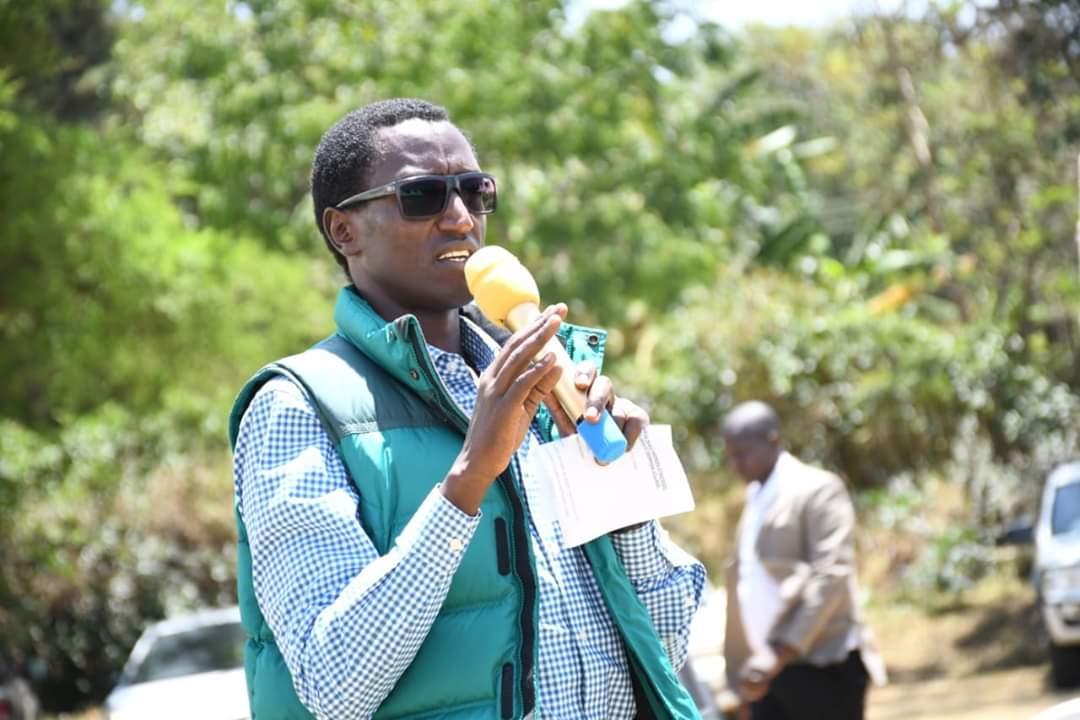Officials must stop showmanship and deliver

Kenya’s leadership appears to have developed an insatiable appetite for self-promotion.
Every other day, a grand announcement is made, complete with media fanfare, bold promises, and reassurances of transformative change.
Yet, when the dust settles, the country remains stuck in the same cycle of stagnation, with little to show for the lofty pronouncements.
Archbishop Anthony Muheria’s recent call for the government to reduce public advertising and instead focus on development is a timely and necessary intervention.
His message is simple – less rhetoric, more action. The country does not need a government that behaves like an advertising agency, constantly selling promises. It needs one that implements meaningful projects and improves the lives of citizens.
The obsession with optics has been a defining characteristic of the current administration. Public rallies and televised briefings serve as platforms for grand declarations about roads, schools, hospitals, and investments. But beyond the headlines, there is mounting frustration over the disconnect between what is promised and what is delivered.
It is not just the opposition or disillusioned Kenyans raising concerns. The criticism is coming from quarters that would ordinarily be apolitical, such as the clergy.
Muheria rightly questions why the government spends so much time and energy advertising its supposed achievements rather than quietly getting the job done.
Leadership is not about making declarations from podiums. It is about rolling up sleeves and working towards real progress. The obsession with self-congratulatory campaigns must give way to genuine service delivery. Kenyans want to see results.
Beyond the empty promises, Kenya’s greatest undoing is grand corruption, the monster that devours public resources meant for development.
The reason projects remain on paper and not on the ground is that funds are looted before they can serve their intended purpose.
Mega projects are announced with much fanfare, only for them to stall, or worse, turn into ghost projects after billions have been siphoned off through inflated contracts, dubious procurement deals, and outright theft.
The government’s fixation on public relations is a smokescreen.
No amount of advertising can conceal or justify why Kenyans continue to suffer from inadequate services despite the heavy taxation imposed upon them.
Corruption is not just a footnote in Kenya’s development story. It is the main plot.
Funds meant for road construction vanish into the pockets of a few well-connected individuals.
Money allocated for healthcare is diverted into private accounts.
Schools that should be built for the underprivileged remain incomplete while billions disappear into fraudulent tenders.
The irony is that even as the government calls for patience and trust, it is the same government that fuels public mistrust.
Every major corruption scandal is met with empty assurances of investigations, endless committee hearings, and high-profile arrests that lead nowhere.
Instead of focusing on governance, the administration is preoccupied with managing public perception.
Leaders who should be working tirelessly to improve lives are busy fine-tuning propaganda to silence critics.
The country has no shortage of capable individuals who can drive change but their expertise is often drowned out by political theatrics.
Instead of mobilising resources and harnessing the skills available within government, the administration is fixated on controlling the narrative.
No amount of publicity can replace the impact of well-executed policies and properly implemented projects.
When development is reduced to mere publicity stunts, the people who suffer most are the single mother struggling to put food on the table, the young graduate roaming the streets in search of a job, the farmer waiting for irrigation schemes that never materialise, and so on.
— The writer is a PhD student in International Relations














